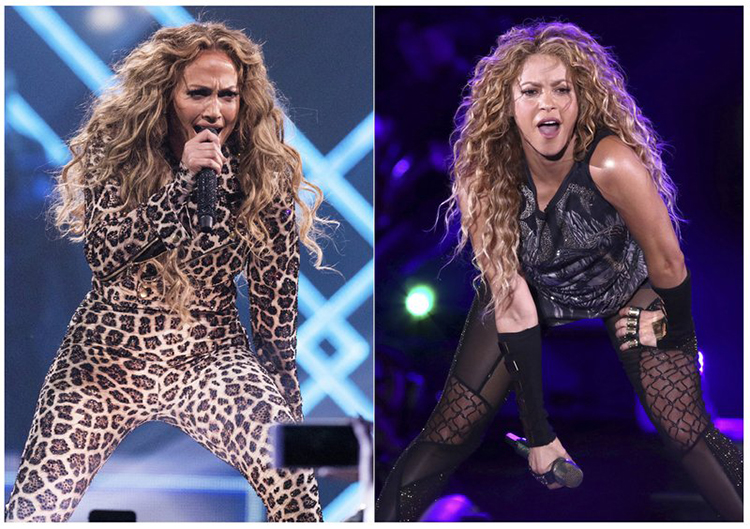 Op-ed by Keli Goff
Op-ed by Keli Goff
Last night’s Golden Globes may be considered a big night for the slavery epic 12 Years a Slave, which took home the award for best motion picture, drama. But it was not a big night for the film’s stars, director or frankly anyone else who happened to be black and in the room that evening.
Despite nominations in a number of major categories, black artists were shut out through the awards show. Making it particularly disappointing for many viewers is the fact that thanks to the box office and critical success of films like Lee Daniels’ The Butler and 12 Years a Slave, many were heralding 2013 as a banner year for black cinema.
Actors Chiwetel Ejiofor and Idris Elba were both nominated in the best actor category for their lead roles in 12 Years a Slave and Mandela: Long Walk to Freedom. Lupita Nyong’o was nominated in the best supporting actress category for her role in 12 Years a Slave, and Barkhad Abdi was nominated in the best supporting actor category for his performance in Captain Phillips. Kerry Washington was nominated for
Black Hollywood Was Snubbed at Golden Globes
her role as Olivia Pope in Scandal, while Don Cheadle was nominated for his role in the series House of Lies. Steve McQueen was nominated for best director for 12 Years a Slave, while John Ridley, who penned the film’s screenplay, also received a nomination.
The disappointment online was palpable. High-profile African Americans revealed their increasing displeasure on Twitter throughout the evening. MSNBC’s Joy-Ann Reid tweeted “@TheReidReport If the mark of a great film is that it demands that you never, ever forget it, 12 Years a Slave should have swept tonight. GoldenGlobes”
Following Lupita Nyong’o’s loss, PBS’s Gwen Ifill tweeted: “Wait. @Lupita_Nyongo was dissed?”
While the win of 12 Years a Slave is significant, one award out of 26 is ultimately not.
The concern about the lack of diversity among this year’s winners was not limited to African Americans in media. Rachel Sklar, a prominent writer and advocate for gender diversity in Silicon Valley, tweeted the following exchange with Alex Leo, who works for Newsweek: “@thelist @rachelsklar (returning from an ice cream run): “What’d I miss?” @AlexMLeo “Nothing. White men won some awards.”
Both women are white.
So if 12 Years a Slave ultimately won the night’s major award, is there a legitimate reason for critics of color, and others, to be concerned?
In a word: absolutely.
While many have argued that 2013 turned out to be one of the strongest years for leading men in recent memory, with a number of compelling best actor performances across the spectrum, there is not a self-respecting critic on the planet who would pretend that Jennifer Lawrence’s performance in American Hustle and Lupita Nyong’o’s performance were in the same league. And I say that as a Jennifer Lawrence fan. Had Nyong’o won last night it is possible that there would have been less overall disappointment with how the evening turned out. But her loss struck many—if not all—except perhaps Lawrence’s friends and family, as such an egregious snub that it set an uncomfortable tone for the rest of the night.
Furthermore, having seen both films (and being personally partial to crime capers) I must say that the fact that American Hustle is being positioned as on par with 12 Years a Slave is, to put it mildly, perplexing. One is moderately entertaining. The other is
Black Hollywood Was Snubbed at Golden Globes




